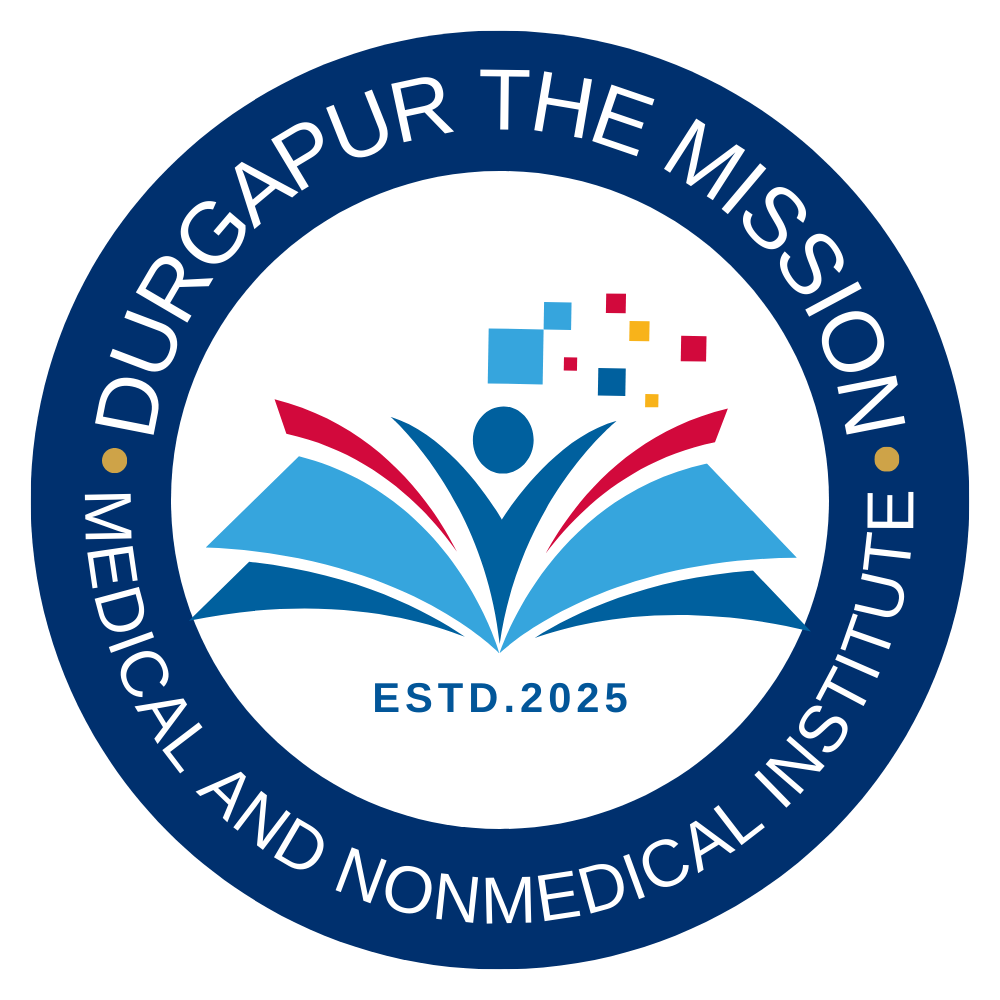LLM Admission Guidance – Durgapur Educare
LLM (Master of Laws) is a prestigious two-year postgraduate degree designed for individuals who want to gain advanced knowledge and skills in the legal field. This program equips students with a deeper understanding of legal principles, along with practical training in legal research, critical analysis, and reasoning. With a broad selection of specializations available, candidates can align their studies with their career goals and interests. The curriculum is regularly updated to match the evolving demands of the legal industry and ensure graduates are well-prepared for 21st-century challenges.
Eligibility Criteria for LLM Admission
To be eligible for admission into the LLM program, candidates must meet the following criteria:
Must possess a Bachelor’s degree in Law (LLB) from a recognized university or institution.
Should have secured at least 55% marks in LLB (relaxation up to 50% for SC/ST candidates).
Final-year LLB students can also apply, provided their final results are declared before the admission deadline.
There is no upper age limit for applying to the LLM program.
Why Pursue LLM?
Here are some key reasons why pursuing an LLM can be a valuable step in your legal career:
Offers specialized legal knowledge and opens doors to advanced career opportunities.
Helps in gaining expertise in areas like Corporate Law, Human Rights Law, Intellectual Property Law, and more.
Enhances critical skills like legal drafting, argumentation, advocacy, and research.
Provides opportunities to engage with peers, legal professionals, and academic experts.
Serves as a solid foundation for those who aspire to become legal scholars, professors, or pursue a Ph.D.
Program Highlights
Feature Description Degree LLM Duration 2 Years Eligibility LLB with at least 50% marks (45% for SC/ST) Selection Process Entrance exam + counseling Entrance Exam Legal aptitude, reasoning, and general awareness Specializations Corporate Law, IP Law, Criminal Law, etc. Career Paths Lawyer, Legal Advisor, Researcher, Lecturer
Admission Process Overview
The LLM admission process typically involves the following steps:
Application Submission: Fill out the application form online/offline with the necessary documents.
Entrance Exam: Appear for the entrance exam assessing legal aptitude, logical reasoning, and general knowledge.
Merit List: Based on entrance performance, a merit list is created.
Counseling Session: Shortlisted candidates are called for counseling for final selection.
Fee Payment: Selected candidates must confirm admission by paying the course fee within the stipulated time.
LLM Syllabus Overview
The LLM syllabus consists of core and elective subjects that give students comprehensive exposure to various legal domains. Subjects typically include:
Legal Theory and Jurisprudence
Constitutional and Administrative Law
Corporate and Commercial Law
International Law and Human Rights
Intellectual Property Rights (IPR)
Environmental Law
Criminal Law and Justice
Labour Law
Alternative Dispute Resolution (ADR)
Note: The syllabus may vary based on specialization and academic updates.
Career Scope After LLM
After completing the LLM program, graduates can explore numerous opportunities in both private and public sectors:
Legal Practice: As litigators, legal advisors, or advocates in specialized fields.
Corporate Sector: Legal departments of companies, MNCs, and start-ups.
Academia: Teaching roles in law colleges or universities.
Judiciary and Civil Services: As public prosecutors, judges (after clearing judicial services exams), or legal consultants.
Research and Policy: With think tanks, NGOs, or legal policy organizations.
Higher Studies: PhD in Law or related interdisciplinary fields.
Frequently Asked Questions (FAQs)
Q1: What is the duration of the LLM program?
A1: The LLM program is of two years in duration.
Q2: Who is eligible for LLM admission?
A2: Candidates with an LLB degree and a minimum of 50% marks (45% for SC/ST) are eligible to apply.
Q3: What is the admission process?
A3: The process includes submitting an application, appearing for an entrance exam, and attending counseling based on merit.
Q4: What subjects are included in the syllabus?
A4: The syllabus covers Constitutional Law, Corporate Law, International Law, Intellectual Property Law, Criminal Law, and more.
Q5: What are the job opportunities after completing LLM?
A5: Graduates can work as corporate lawyers, legal advisors, law professors, legal researchers, or pursue government jobs.
Q6: Are scholarships available for LLM students?
A6: Yes, various merit-based and need-based scholarships are available, such as the Post Graduate Merit Scholarship and Single Girl Child Scholarship.
Q7: Is LLM available through distance education?
A7: Yes, there are provisions to pursue LLM through distance mode; however, the structure and duration may differ.
Q8: Is there any age limit for LLM admission?
A8: No, there is no age restriction as long as the candidate fulfills the academic eligibility criteria.
Foundation for Higher Studies
Graduates can pursue LLM, MBA, or prepare for judiciary services and other competitive exams.
Program Highlights
| Feature | Details |
|---|---|
| Program | BBA-LLB |
| Duration | 5 Years |
| Eligibility | 10+2 with minimum 45% marks (42.75% for SC/ST/Blind candidates) |
| Entrance Exam | CLAT or university-specific entrance test |
| Specializations | Corporate Law, Taxation Law, IP Law, Criminal Law |
| Internships | Available throughout the program |
| Moot Courts | Regularly conducted |
| Career Paths | Lawyer, Legal Analyst, Corporate Counsel, HR Manager, Legal Journalist, etc. |
| Top Recruiters | Law Firms, Corporate Companies, Government Departments, NGOs, LPOs |
Admission Process
Online Registration – Fill out the application form on the official website.
Entrance Exam – Appear for the required entrance test (CLAT or as specified).
Merit List – Shortlisting based on exam performance.
Counselling Rounds – For seat allotment and preference selection.
Document Verification – Submit original documents for final verification.
Seat Confirmation – Pay the admission fee to confirm enrollment.

